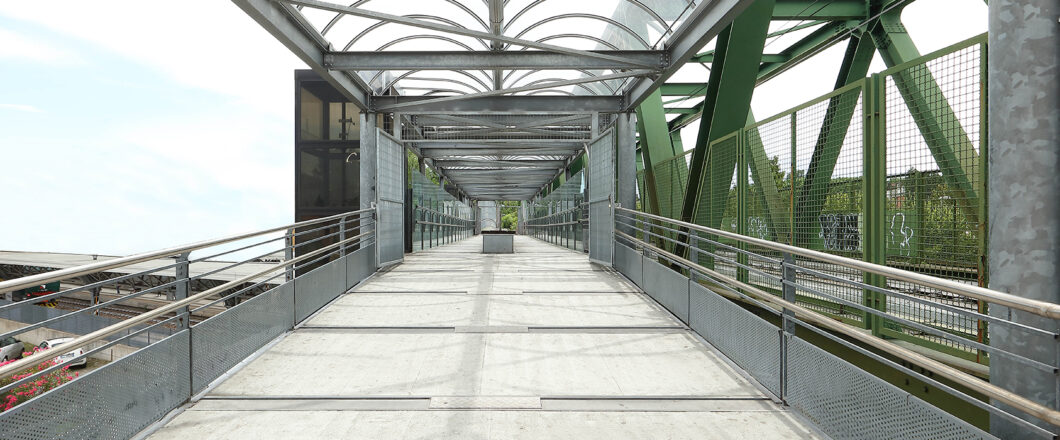Fiberglass Infrastructures: Innovative and Sustainable Solutions for the Future
In the world of construction and major projects, fiberglass infrastructures are rapidly gaining ground as a versatile and sustainable solution. Thanks to their unique properties, such as lightness, corrosion resistance, and insulating capabilities, fiberglass materials are progressively replacing traditional materials like steel, PVC, and aluminum in numerous applications.
Advantages of Fiberglass Infrastructures
Fiberglass infrastructures offer numerous advantages, making them the ideal choice for both public and private projects. Let’s explore the main benefits in detail:
- Corrosion Resistance: Unlike metal materials, fiberglass does not corrode when exposed to extreme weather conditions, such as humidity or salt fog. This makes it perfect for infrastructures located in marine or industrial environments.
- Lightweight: One of the key strengths of fiberglass infrastructures is their extreme lightness. For example, fiberglass sheet piles are up to 10 times lighter than steel, reducing transportation costs and simplifying installation.
- Electrical and Thermal Insulation: Fiberglass is an excellent electrical insulator, with a dielectric strength of 5-15 KV/mm, in addition to providing thermal insulation with a Lambda value comparable to wood.
- Low Maintenance: Fiberglass infrastructures do not require regular maintenance, saving time and money in the long run. Their durability makes them ideal for long-term projects.
- Fire Resistance: Fiberglass products comply with international fire resistance standards, such as UNI EN 45545-2, ensuring maximum safety in critical applications.
Applications of Fiberglass Infrastructures
Fiberglass products are widely used in various types of infrastructures, offering innovative solutions in sectors that require high durability and superior performance:
- Fiberglass Sheet Piles: Ideal for containment projects along canals and waterways, fiberglass sheet piles do not deform and can be reused, reducing environmental impact. They are also available in different colors, blending into the landscape.
- Fiberglass Gratings: Used on oil platforms, chemical plants, and other industrial infrastructures, fiberglass gratings resist aggressive chemical agents and offer long-lasting performance without the need for maintenance. Due to their lightness and ease of installation, they are preferable to metal products.
- Deck System: Flooring made with the fiberglass decking system is perfect for pedestrian walkways, bridges, and industrial floors. This system is highly durable, fireproof, and insulating, ideal for areas exposed to extreme weather conditions, such as marine zones.
Sustainability and the Future of Fiberglass Infrastructures
The use of fiberglass infrastructures perfectly aligns with the vision of a sustainable future. Fiberglass materials are recyclable and drastically reduce energy costs thanks to their insulating properties. Moreover, their long lifespan and resistance to weathering make them an eco-friendly and cost-effective choice for public administrations and private companies.




